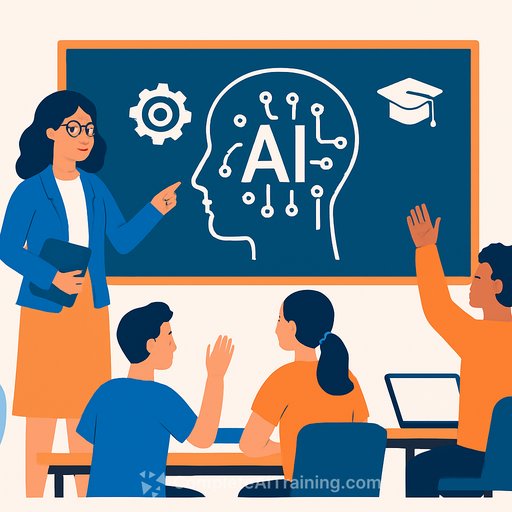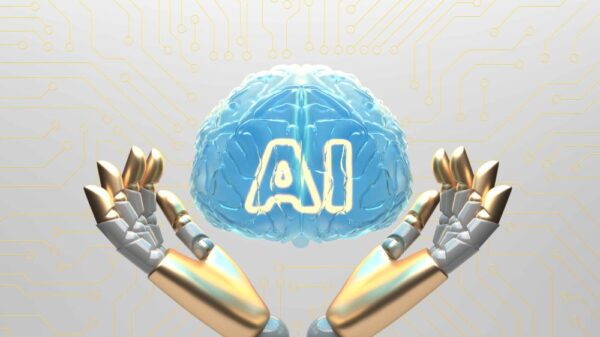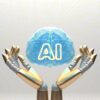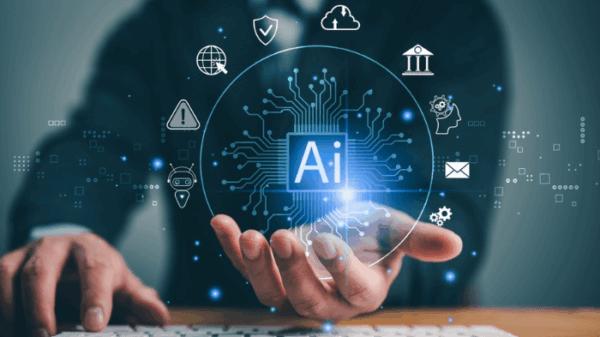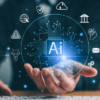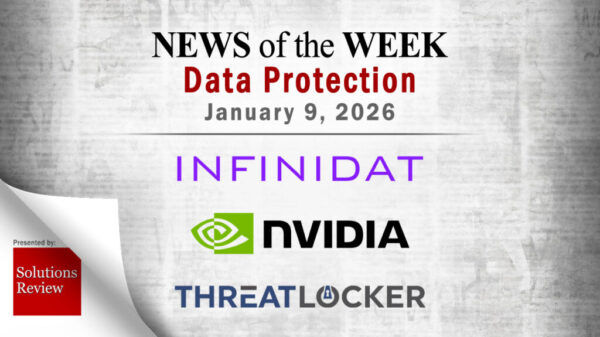HP Advocates for Global AI in Education Charter
In a significant call to action, the technology firm HP has urged Nigeria and governments worldwide to establish a mandatory Global AI in Education Charter. This initiative aims to ensure the ethical, safe, and responsible adoption of artificial intelligence (AI) technologies in educational contexts. The recommendation is part of HP’s recently released 2025 Futures Report, which emphasizes the need for responsible AI deployment to enhance learning outcomes while safeguarding students’ rights.
The Futures Report was developed in collaboration with the Global Learning Council and T4 Education, bringing together insights from 100 global experts in education, technology, and policy. A survey included in the report revealed that over 60 percent of 2,860 students across 21 countries use AI daily for research purposes. Additionally, 71 percent of respondents support the implementation of limits on AI capabilities within educational environments.
According to the report, the proposed charter would require technology vendors to comply with ethical and sustainability standards. This compliance would encompass crucial aspects such as data privacy, learner-data ownership, environmental considerations, and protections for minors. Furthermore, the charter aims to prohibit exploitative AI practices in education.
David McQuarrie, Chief Commercial Officer at HP and Chair of HP Futures, emphasized the urgency for governments to act, noting that “AI has the power to deliver personalized, high-quality learning to billions; but realizing that promise requires responsible and effective adoption. As technology advances faster than policies and institutions can keep pace, education must evolve now to prepare students for an AI-driven future.”
Recommendations for AI Integration in Education
The report outlines several recommendations aimed at ensuring equitable AI-powered learning and preparing learners for the future workforce. Key suggestions include:
- Developing inclusive AI adoption strategies.
- Ensuring that AI complements rather than replaces teachers.
- Consulting educators in all classroom technology deployments.
Additionally, it advocates for a comprehensive overhaul of traditional curricula. This revamped approach would prioritize critical thinking, creativity, ethics, and lifelong learning skills over age-based milestones in knowledge acquisition.
Mayank Dhingra, Director and Global Head of Education Business and Strategy at HP, reiterated the importance of centering educators and students in AI deployment strategies. These initiatives not only aim to leverage AI for improved educational outcomes but also seek to address the ethical implications tied to its use.
The Role of Policymakers in Shaping AI Education
Vikas Pota, Founder and CEO of T4 Education, reinforced the significance of AI in transforming education. He stated, “If we’re to build a world in which every child receives a quality education and is fully equipped for the workplace of tomorrow, then AI is key. But education ministers in Nigeria and around the world must ensure technology is effectively harnessed for learning, not to its detriment.”
As the discourse around AI in education continues to evolve, the establishment of a comprehensive, ethical framework becomes increasingly vital. The proposed Global AI in Education Charter not only addresses potential challenges but also outlines a path toward harnessing the vast potential of AI technologies to enrich educational experiences globally. Emphasizing collaboration between educators, policymakers, and technology vendors is essential for navigating this complex landscape.
The recommendations outlined by HP and its collaborators underscore the urgent need for a proactive approach to AI in education, ensuring that advancements in technology are utilized to empower rather than exploit learners.
See also GCC Nations Launch Initiative to Develop Arabic AI for Enhanced E-Learning in Education
GCC Nations Launch Initiative to Develop Arabic AI for Enhanced E-Learning in Education Study Reveals Learning with ChatGPT Leads to Shallow Knowledge Compared to Google Searches
Study Reveals Learning with ChatGPT Leads to Shallow Knowledge Compared to Google Searches Top Free University AI Courses on YouTube Covering Machine Learning and NLP
Top Free University AI Courses on YouTube Covering Machine Learning and NLP Edtech Giants PhysicsWallah, UpGrad, and Unacademy Shift Focus Offline for Growth
Edtech Giants PhysicsWallah, UpGrad, and Unacademy Shift Focus Offline for Growth Freewillin Achieves Three-Year Streak on HolonIQ’s East Asia Edutech 150 List
Freewillin Achieves Three-Year Streak on HolonIQ’s East Asia Edutech 150 List















































